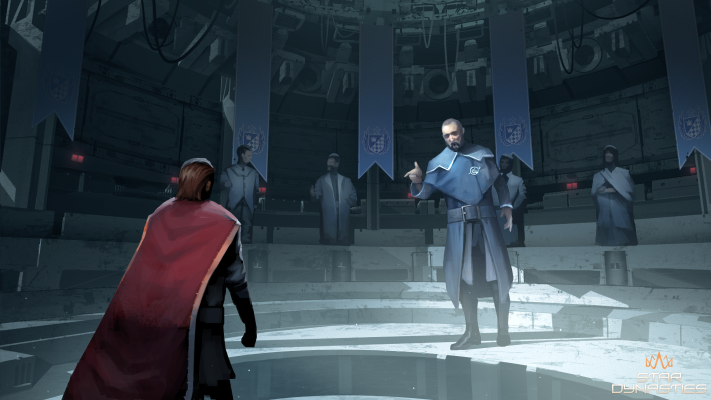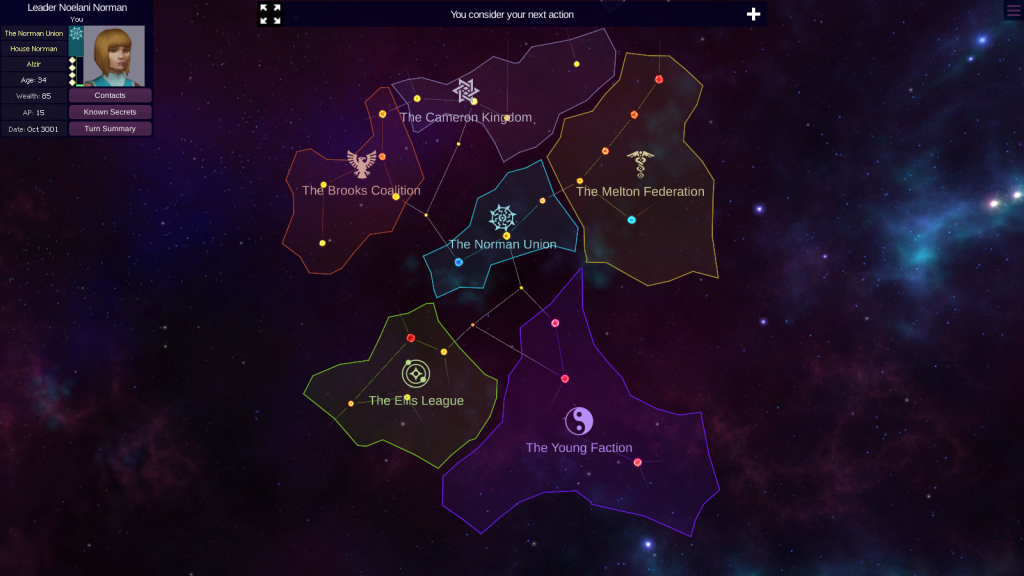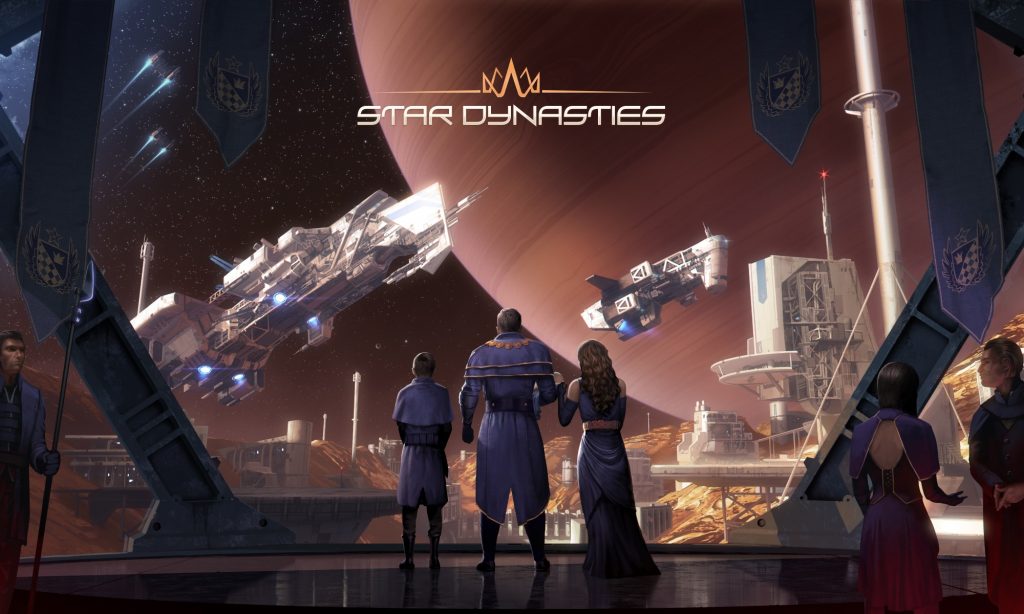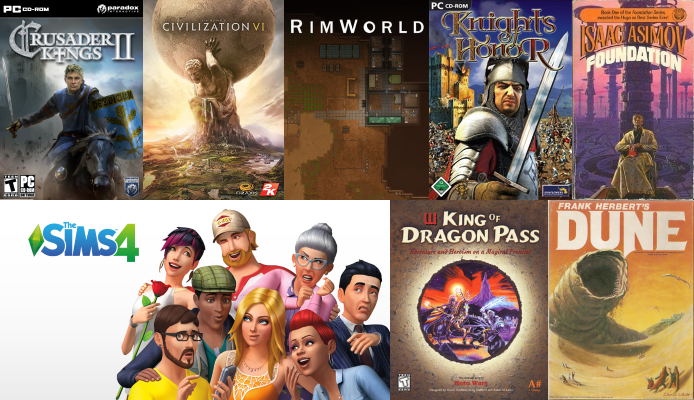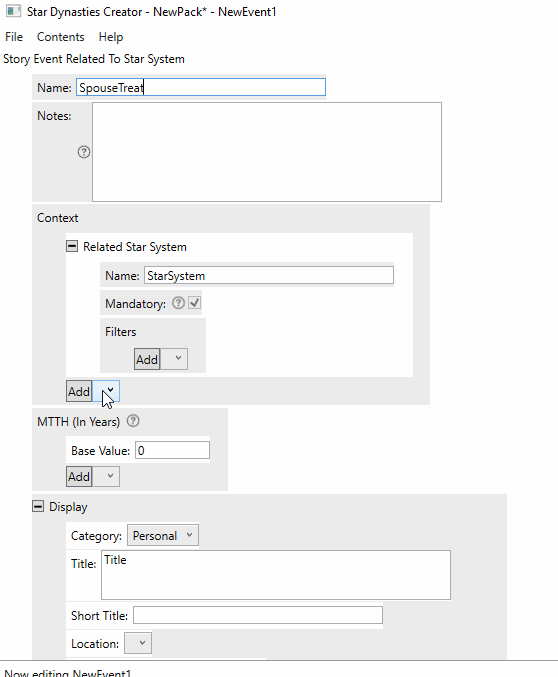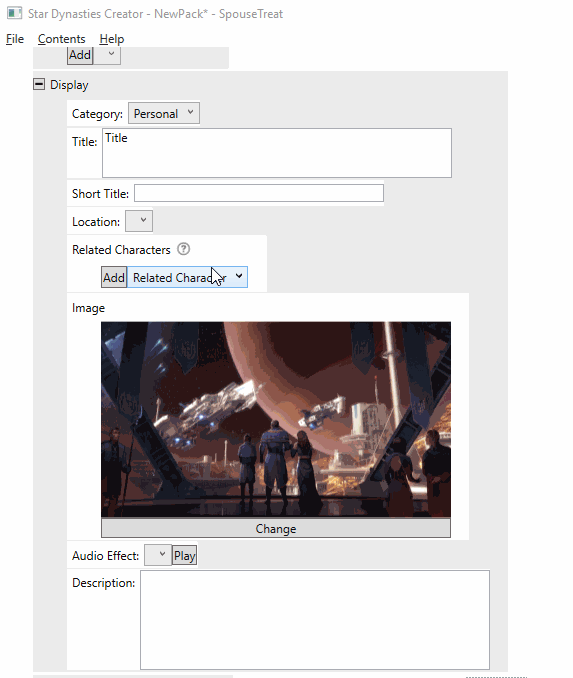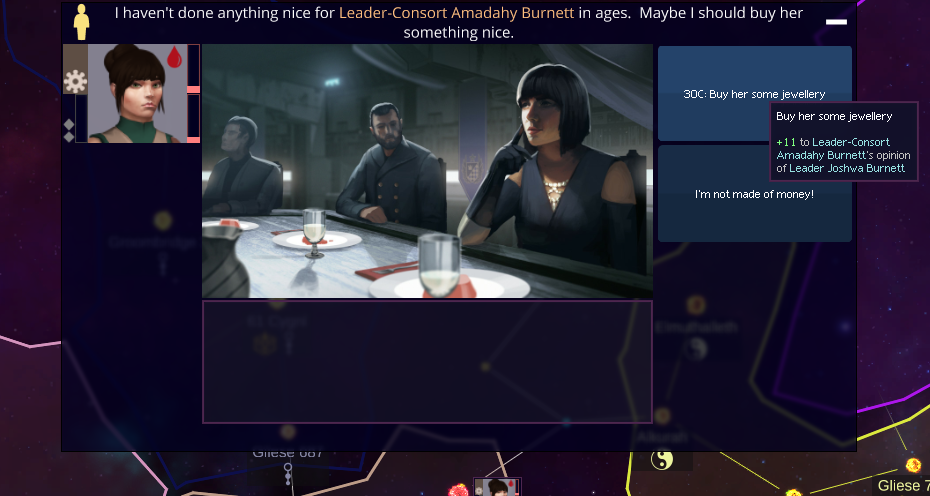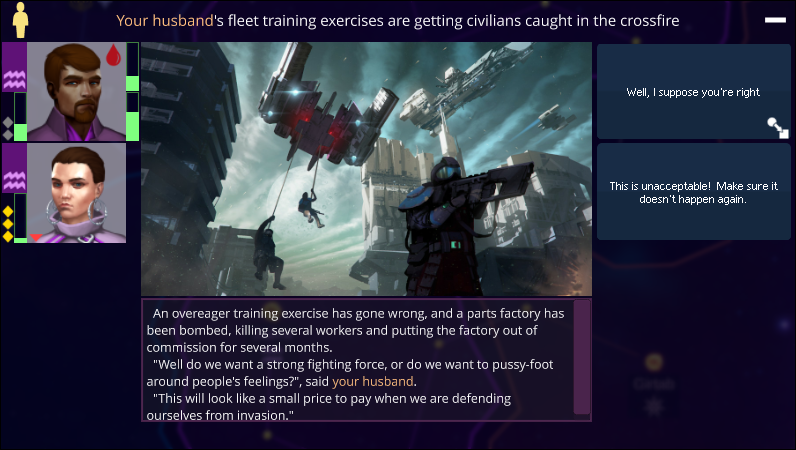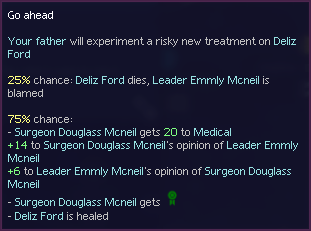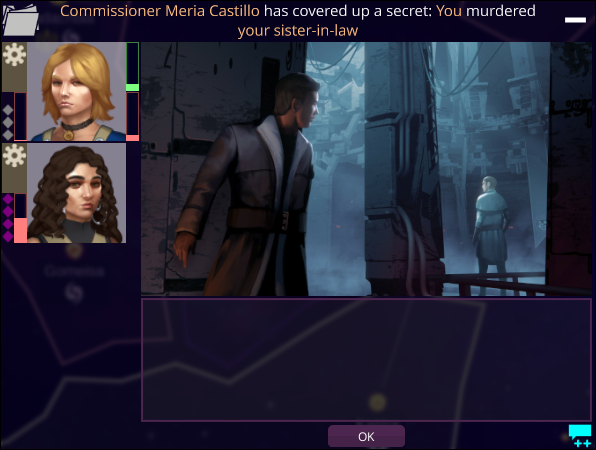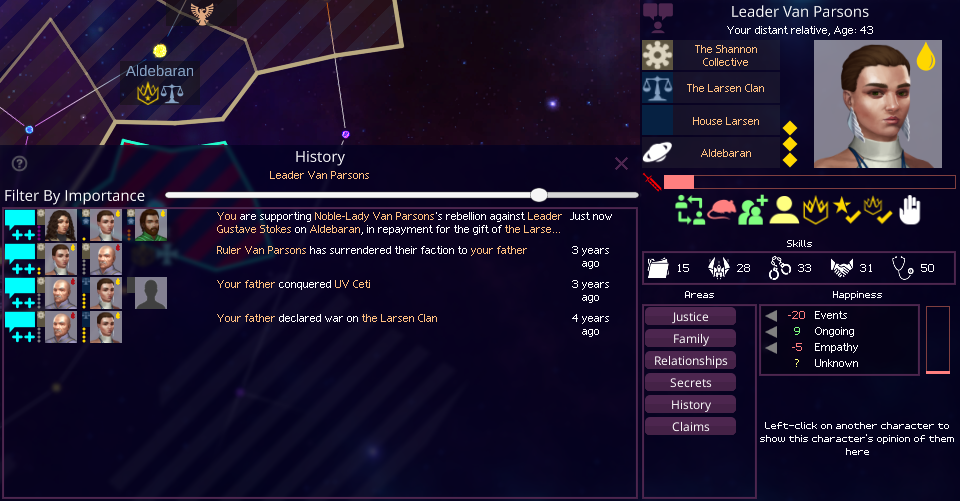Life of the Party
Arcane
- Joined
- May 8, 2018
- Messages
- 3,535
https://stardynasties.com
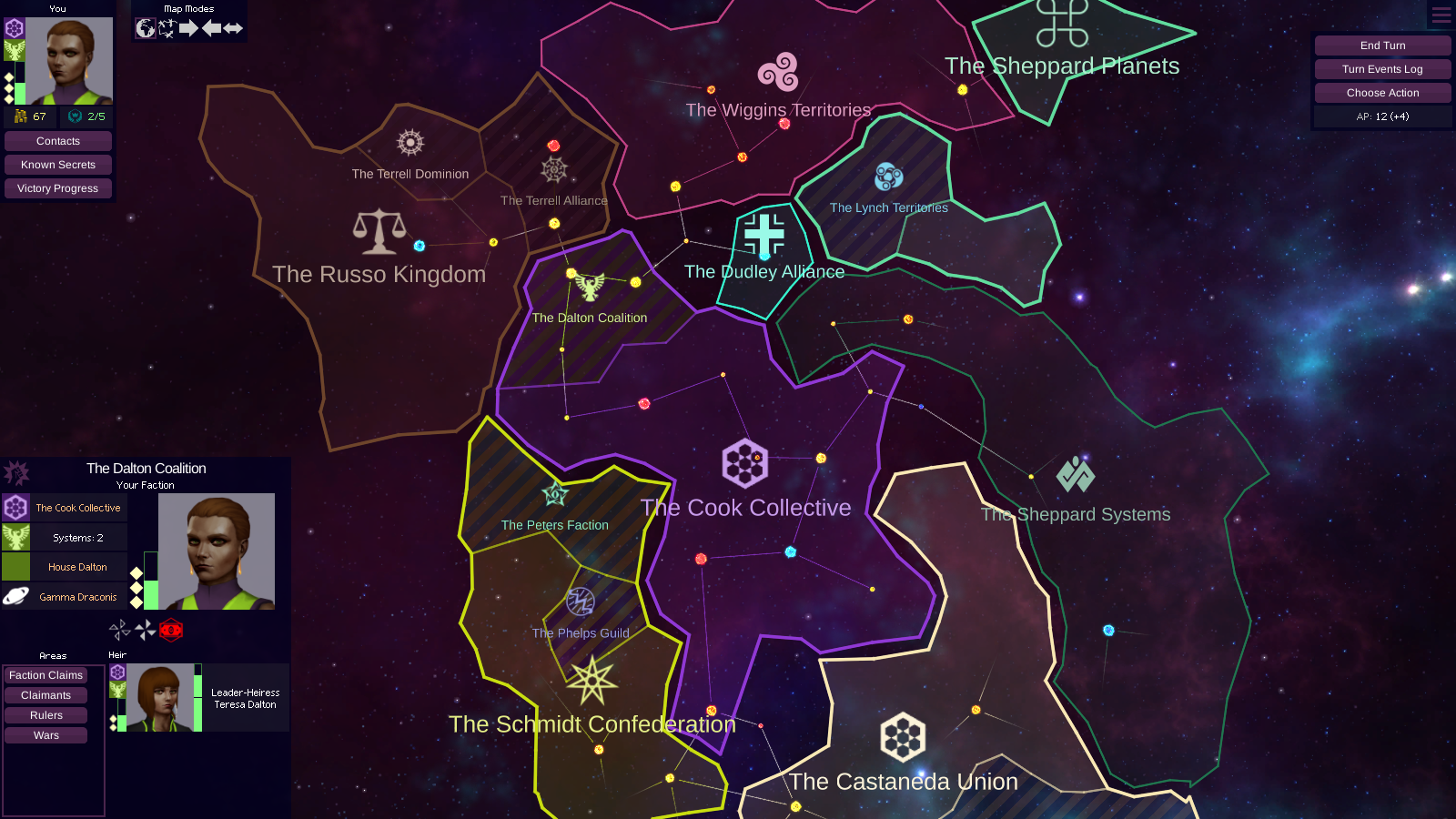
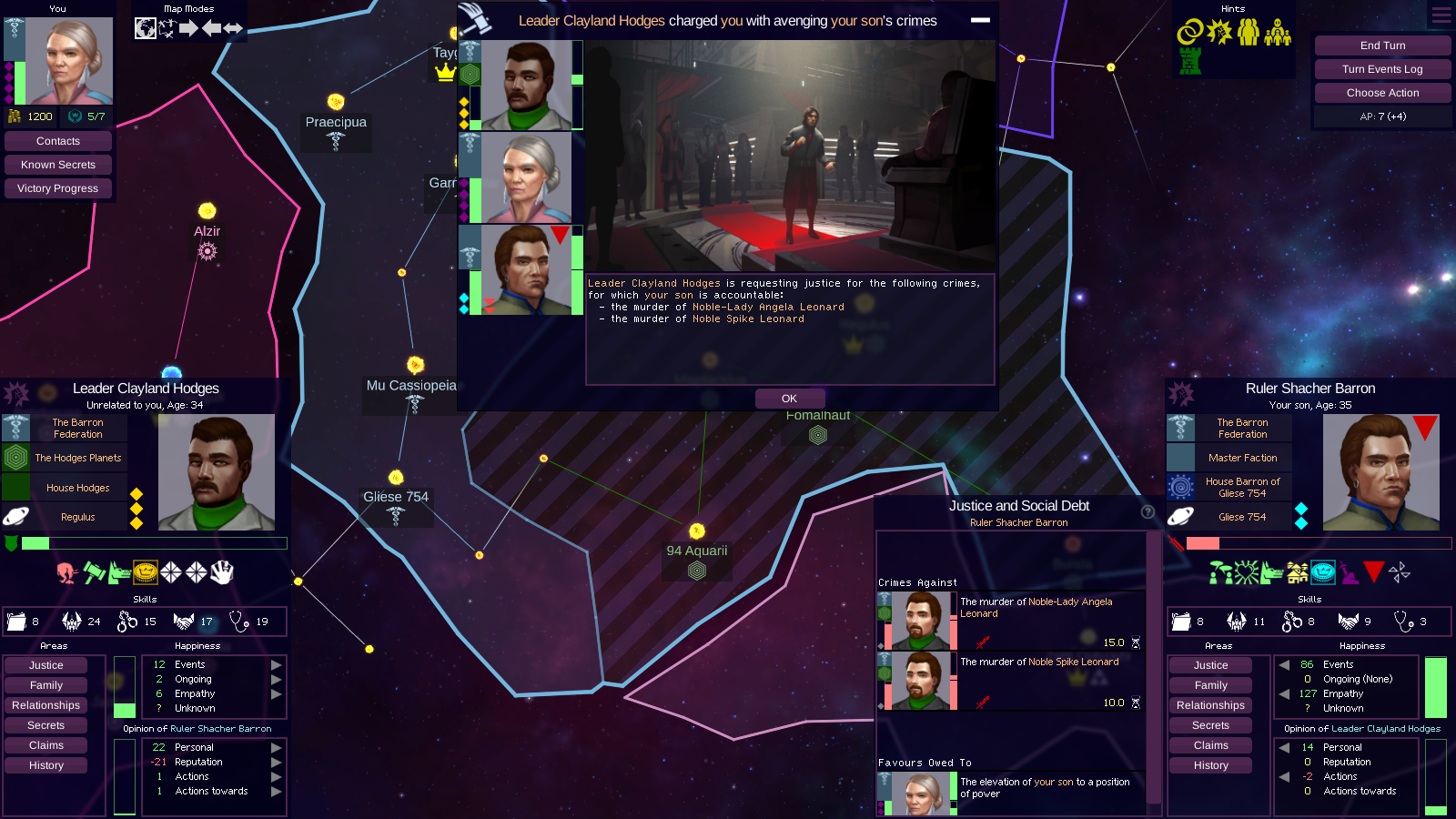
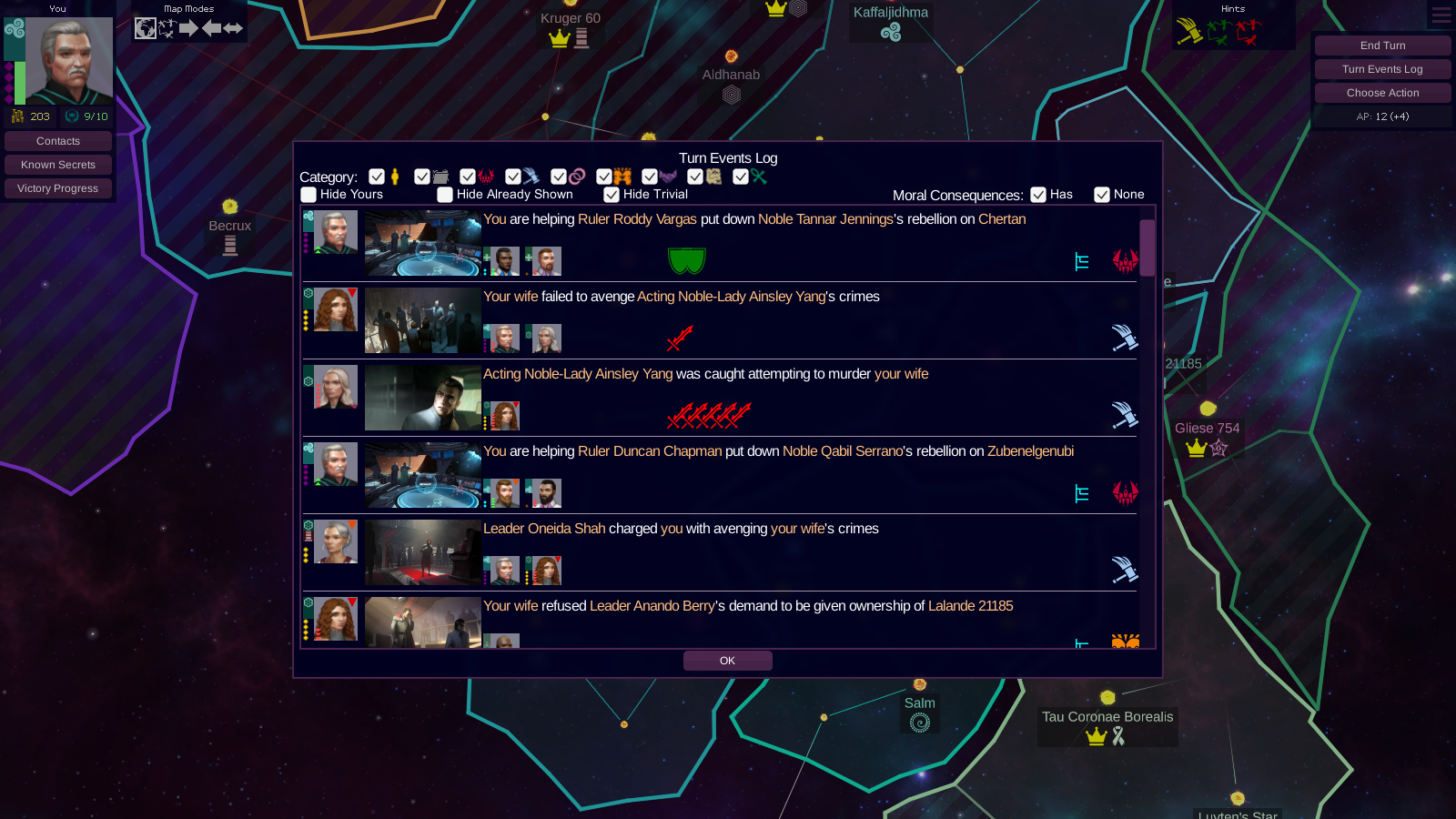
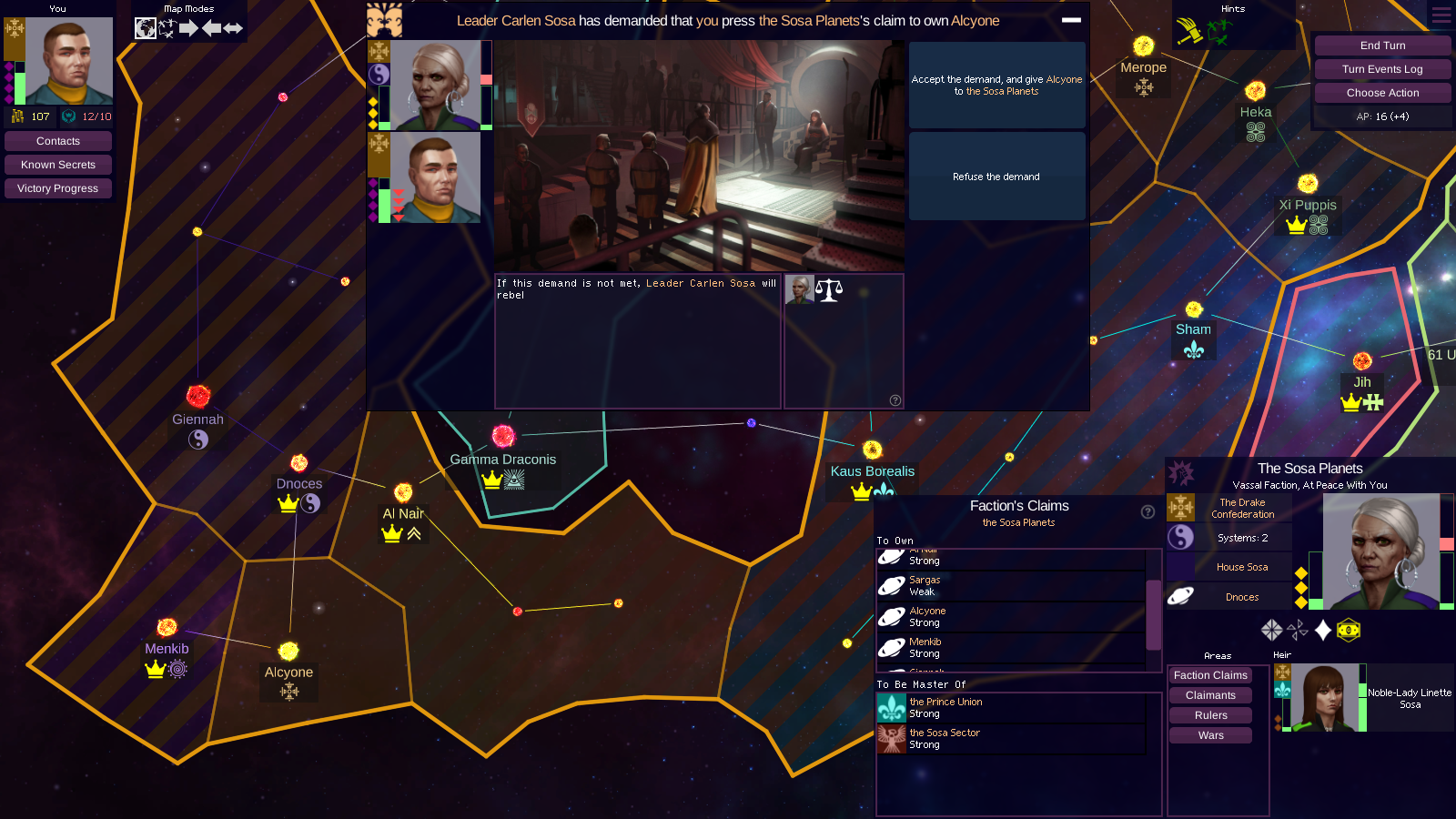
The Game
Humanity had taken its first tentative steps in space, but the inadvertent destruction of Earth has plunged the galaxy into a new dark age. Hundreds of years later, the surviving colonies have stabilised into a simple feudal society, unable to understand or extend the technological artifacts they use to survive. An aristocratic elite fight between themselves for the right to rule over the scattered fragments of human kind.
You are the leader of a faction of star systems, seeking to ensure the survival and prosperity of your dynasty. Expand your empire, herd your unruly vassals, build political alliances, and navigate a web of agendas and social obligations to emerge as the dominant power of the galaxy.
For more about the vision behind Star Dynasties, read the Core Concepts blog post.
- Take on the role of the head of a political family through multiple generations, and lead it to dominance over the remnants of human civilization
- Uphold the traditions and laws of society and earn a reputation for honor, or seize power and risk turning the galaxy against you
- Interact with hundreds of characters with realistic personalities, emotions, and relationships
- Punish those that have wronged you, and reward your allies
- Experience an emergent narrative of personal and political drama
Game Vision / Concepts
I’ve been working on building support for the two separate game modes that Star Dynasties will have, but in trying to write a post about it I’ve realized I first need to talk about the fundamental concepts and vision of the game.
What is Star Dynasties about?
A game about being a king that focuses on human drama
The initial spark was the thought, after countless playthroughs of Civilization and other classic strategy games, that history (particularly ancient and medieval history) looks very different from the narratives that arise in those games. Kings and emperors were much more dependent on social and political skills than they were on their technical and administrative skills. And in societies where political power was primarily personal or dynastic, kingdoms rose and fell as much on the basis of human foible and drama as on the basis of economic and military strength. Alliances were built on personal charisma and friendships, wars have been fought over a lover, thrones have been lost through social ineptitude, rebellions have started from feuds between a monarch’s rulers and their personal friends, etc.
It’s this personal dimension that makes a lot of history, fantasy, or future feudal sci-fi fascinating. When you strip away the context of a story about a medieval or fictional monarch, the narrative is full of human experiences that we can relate to. A king worrying about his heirs is no different from any father wanting the best for their children’s future. Acts of personal betrayal or indiscretions that lead to the ruin of a realm or royal dynasty, may be events with much higher stakes and on a much grander scale than our lives, yet in their essence there is something that resonates deeply with our own human experience.
A simulation of a feudal society that generates believable narratives
There is something deeply fascinating in observing, and interacting with, a complex system. In part, the “fun” of playing a game is the sheer thrill of working out patterns, and manipulating them to achieve certain goals. And what can be more complex, yet universally resonant, than a human society; with all those individuals trying to live out their own lives, seeking happiness, avoiding isolation and pain, and bending the rules and culture of that society to their personal benefit and wellbeing?
Games such as Dwarf Fortress and RimWorld have proven that you can generate elaborate and convincing stories from a world simulation that reaches a certain level of complexity. When a player experiences two events in succession, they will inevitably link them in their minds in a story, especially if the events have a logical sequence in a narrative sense. For example, if in the first event character A does something nice for character B, and in the second event character B does something nice for character A, any human observer would say that this is a reciprocation and that the two events are linked, even if the second event was not triggered explicitly by a simulated “reciprocity rule”. The fact that the player perceives the two events as a quid pro quo is an emergent property of the simulation, rather than something that was necessarily explicitly coded in the simulation rules.
This is also true for more complex event chains; a sequence of negative acts that happen to escalate will appear to be a planned strategy of conquest or harassment, a sequence where positive acts are unrewarded at a critical moment will appear to be a betrayal. The critical prerequisite is to make sure that the sequences of events that occur in the simulation are not unbelievable or immersion breaking – we can then trust the human brain to do the rest.
A feudal frontier sci-fi setting
The choice of a science fiction setting allows for interesting design decisions or world building that would not be possible in a historical setting. I love sci-fi because it creates what-if scenarios that couldn’t be set up in a historical context, and it allows us to strip away ancillary details to focus on the core properties of a social or political pattern.
Furthermore, it provides the freedom to solve some knotty game design or implementation problems by altering a detail in the setting. For example, Star Dynasties has a population control mechanic that serves both to limit runaway population growth in the simulation over time, and provides an interesting political tool by which you can reward your favourites.
At the same time, it’s important to note that the requirement to model a realistic feudal system that persists through multiple generations does create some hard constraints. Marriages and kinship relationships are the key enablers of legitimate power transfer and alliances, the economy must be land-locked (or planet-locked) and relatively disconnected to maintain the long-term stratification of the society, technological growth must be relatively stagnant, etc.
Similarity to existing games
Star Dynasties was inspired originally by a love of empire management strategy games such as Civilization, Total War, Knights of Honor, etc.
In choosing to focus on the human drama, I have drawn inspiration from roleplaying simulation games such as The Sims, King of Dragon Pass, and choose your own adventure-style games such as Nation States and Reigns. In understanding how complexity creates emergent narratives, games like Dwarf Fortress and RimWorld have been instructive.
The game that shares the most concepts and similarities with Star Dynasties is Crusader Kings. To the maximum extent possible (I am a solo dev with some help), my intention is to build a game that has an even greater emphasis on, and mechanistic understanding of, stories of human drama. For example, the simulation in Star Dynasties understands the notions of empathy, simplistic morality, social obligations, grudges and favours; and uses that to build logically consistent sequences of events. I would also like the player experience to be focused on navigating a branching narrative that rewards strategic thinking, with less administrative micromanagement tasks such as troop movement.




Last edited by a moderator:






